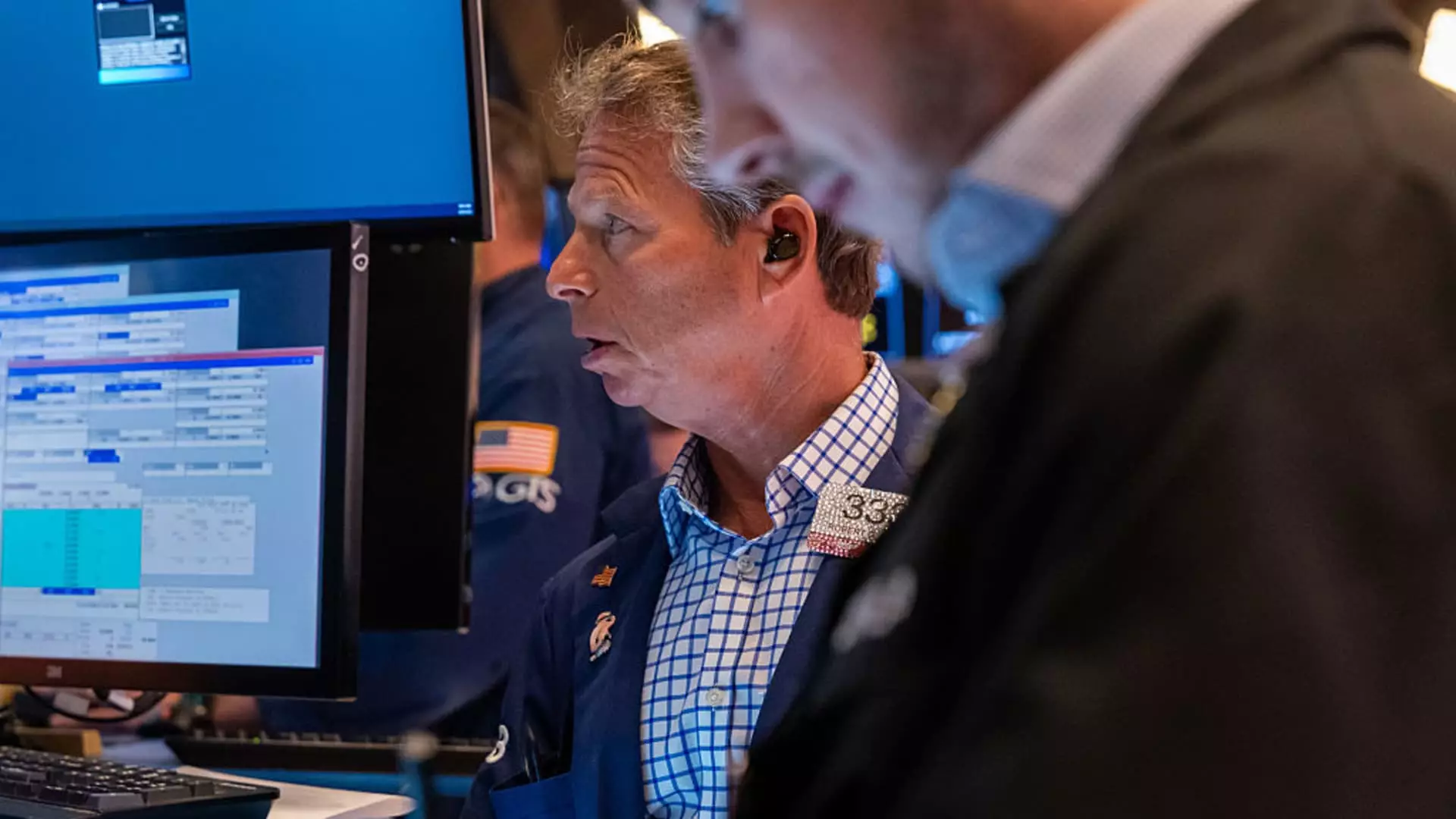Recently, financial markets have been rocked by dramatic shifts stemming from trade policies that are far from benign. The iShares MSCI Emerging Markets ETF (EEM) witnessed a staggering drop that echoes the turmoil we last saw in June 2020, largely attributable to President Donald Trump’s aggressive stance against various nations. The shrill warnings about a forthcoming global trade war and the potential for economic recession may sound alarmist, but they are grounded in hard realities that many emerging markets now face. These countries are not just incidental players in trade; they are strategically positioned athletes in the global economic marathon, harnessing exports to drive their growth. A 5% dip in the EEM is not just a number—it’s emblematic of a deeper, systemic ailment afflicting nations that rely on open markets.
The Crucial Nature of Exports
What often evades the grasp of many policymakers is that a significant portion of these emerging markets’ GDP hinges on international trade. The figures are staggering: Exports accounted for an astonishing 44% of South Korea’s GDP in 2023, with India and China close behind at 21.8% and 19.7% respectively, as per the World Bank. This heavy reliance is more than a footnote in economic reports; it serves as an urgent warning for these nations already grappling with the specter of increased tariffs. Taiwan, for example, finds itself contending with a crippling 32% levy on its exports, while South Korea and India navigate 25% and 26% tariffs, respectively. Each percentage point shaved off their earnings acts like sandpaper, eroding the very fabric of their economies.
Retaliation and Its Consequences
The cycle of retaliation is another deadly echo of trade wars. When China announced a staggering 54% cumulative tariff rate and a retaliatory 34% duty on U.S. imports, the implications rippled outward, threatening to exacerbate what is already a tumultuous economic climate. This is not merely about dollars and cents; it reflects a breakdown of trust and economic cohesion that will take years, if not decades, to repair. Several experts, including Torsten Slok, the chief economist at Apollo Global Management, have voiced concerns that the ramifications of a prolonged trade war will disproportionately impact the global community, with developing nations bearing the brunt of this self-inflicted wound. The systems in place that once assured mutual benefit through trade are now buckling under the pressure of isolationist policies, which could hinder global economic growth for generations.
Emerging Markets Under Siege
The consequences of such tariffs extend beyond the immediate financial implications—these nations are being pushed into a corner. With both trade barriers and economic uncertainty looming large, the already vulnerable economic systems of countries like Taiwan and South Korea become more susceptible to cycles of poverty and unemployment. The responsible entities here are not merely the policymakers in the U.S., but the global systems that have long upheld economic interdependence. Unfortunately, many emerging markets are caught in a vicious cycle where they must choose between being compliant with U.S. demands or risking economic decimation. This binary approach undermines not just their economies but also their sovereignty and growth potential.
Where Do We Go From Here?
As this wave of turmoil continues to churn, one cannot help but wonder: where is the larger message in all of this? Center-right perspectives traditionally emphasize fiscal responsibility and the promotion of free-market policies; ironically, it is the very sectors that benefit from these principles that seem most under siege right now. The pervading uncertainty not only clouds investor sentiment but also slows the engine of economic innovation and development that serves as a lifeline for many countries. The world has been intricately woven into economic interdependence, and now it is time to interrogate this delicate web before more irreversible damage is done. Ultimately, it is incumbent upon policymakers to recognize the profound implications of their decisions both domestically and globally.
These ongoing trade tensions serve as a reminder that while policies may be crafted in boardrooms, the repercussions are felt in the streets of towns and cities that depend on global supply chains. A balanced approach could harness free-market benefits while also ensuring that emerging markets are not left to fend for themselves in an increasingly hostile economic environment. The time for impactful, thoughtful policy action that prioritizes both profit and people is now.

